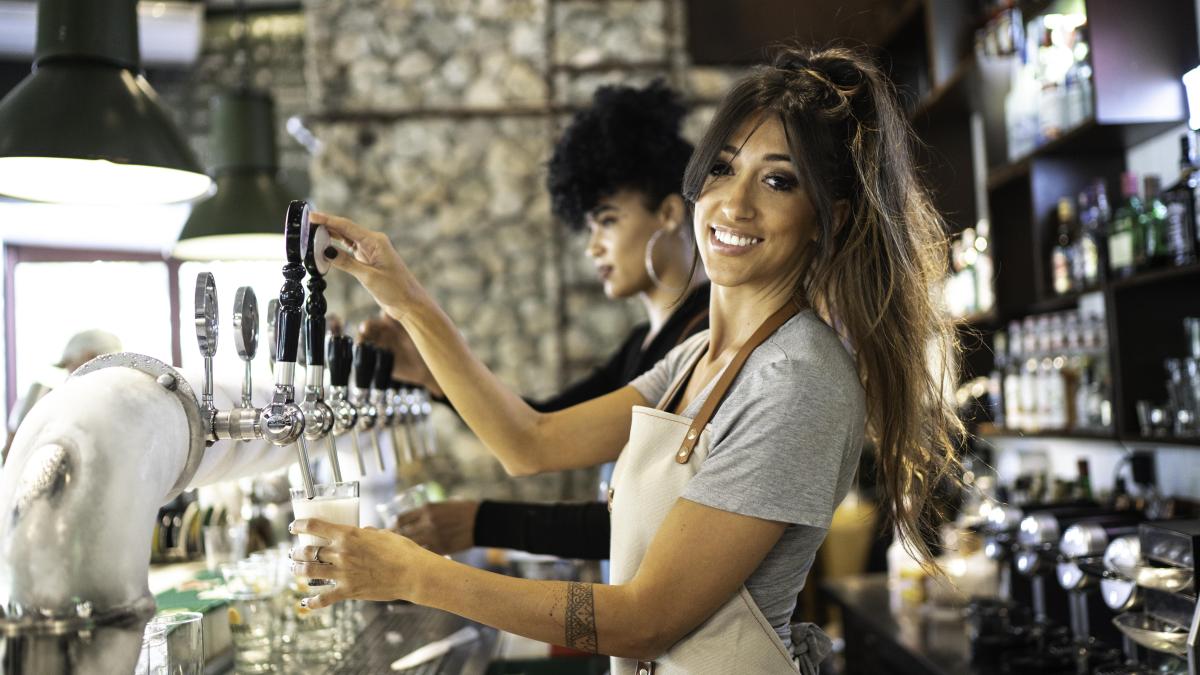Cashing in on the algorithm — It’s not just pubs toying with dynamic pricing. It’s already here in sectors ranging from public transport to ecommerce::Pub chain pours itself a full measureLast week, Britain’s largest pub group, Stonegate, declared that it would be charging 20p more per pint during peak hours at about 800 of its venues. The chain said the measures were necessary to offset increased costs on staffing and security. For some onlookers



Dynamic pricing works for transport because people have little choice about when to travel, especially commuters. So you get cheaper pricing when there’s less demand without everyone shifting their travel plans to save money.
Not sure if it’ll work in a pub. I’ll just go to a different one, or go at a different time… there’s no lock in, so dynamic pricing could actually cost the chain money as at the busiest times people simply go elsewhere… and once you’ve lost the ‘habit’ of going to a place it’s much harder for them to persuade you to go back.
We’re talking 20p per pour. Is that much of a mark up, by percent?
I’m in/near a major US city and just paid $12 per pour on Saturday during morning premiere league games.
The drinks were mixed drinks, but the $ is still the thing. The beers would have been cheaper…
With an average of £4.21, an increase of 20p is ~5% increase. That goes up the cheaper the beer and down the more expensive.
Speaking for myself, I wouldn’t notice a 5% increase on things I did infrequently. My monthly budget would get out of whack pretty fast for 5% increases on frequent items. The standard Netflix subscription in the UK costs £10.99 or 55 pints with the addition.